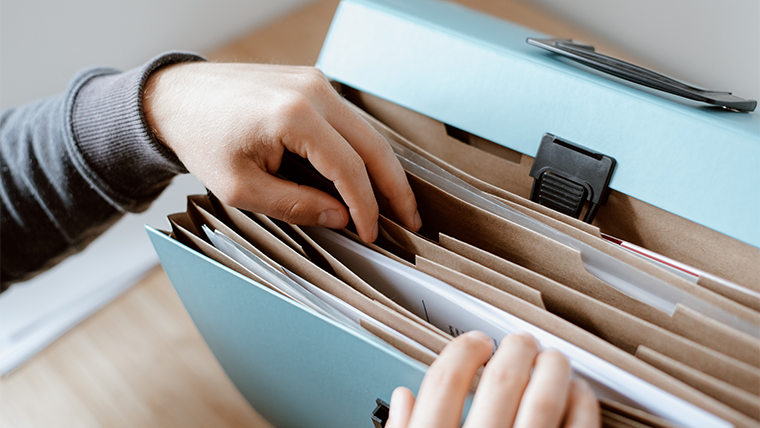
| 

Smartphone apps which allow you to check your credit score are now commonplace and free to use, and many of us use them regularly. But the apps and the credit score only gives a very broad indication on your credit file. The numbers on their own will give you an idea about which band you fall into, and tracked over time, can tell you if your credit situation is getting better or worse. But if you do suddenly see your credit score starting to dip, you then need to ask for access to your full credit file to understand what is going on. When you request your full file, you will be able to see the same information as the banks are seeing when they decide whether to lend to you or not.
Where is My Credit File?
Although any company which you have a financial relationship with will have information about you, this isn’t the same thing as your credit file. In the UK, there are three main agencies which work with the banks and other institutions to give them information about us and our credit history. These are:
- Experian
- Equifax
- TransUnion
Each credit referencing agency does things differently, and as such, the information which each one holds can be different. This also explains why you might see differences between your credit score if you check on two or more apps or websites.
Accessing Your Credit Report
Requests for your credit report has to be done through the Credit Referencing Agencies (CRAs) and you should be able to find a link on their websites to do it online. You may choose to access your report at just one of the agencies or all three; it’s up to you. Usually, they will ask you to create an account with their website to order a full credit report. There might be a charge for this, although many will offer a month’s free trial first. You will have to give the CRA enough information about you to allow them to identify you from anyone else with a similar name or date of birth. The CRA will also ask about any other names you have used in the past (such as a maiden surname) and any addresses where you have lived over the past six years. Once the CRA has accessed the information they have about you, it will be sent out by post, or email.
Does Checking My Report Affect My Score?
Asking one of the CRAs for access to your own credit report won’t affect your credit score. It is only when lenders search your file that your credit score may be affected. Applying for credit will show on your credit report and score, and making frequent applications over a short period of time may lower your score. There is another sort of check known as a soft search, generally carried out through an eligibility checker, or comparison site which instead of being a hard application, just gives you a general idea about what sort of products you might be eligible for, and what interest rates you might be able to access.
Inaccuracies on Your Credit Report
Once your credit report arrives, the next step is to go through it carefully. If there is information on there which is wrong, then you have the right to ask the CRA to have it corrected. This is called “raising a dispute”. If you find a mistake on one credit file, then request reports from the other two agencies too as errors may be duplicated. You will be asked to provide some sort of evidence to back your claim that the CRA has made a mistake.


